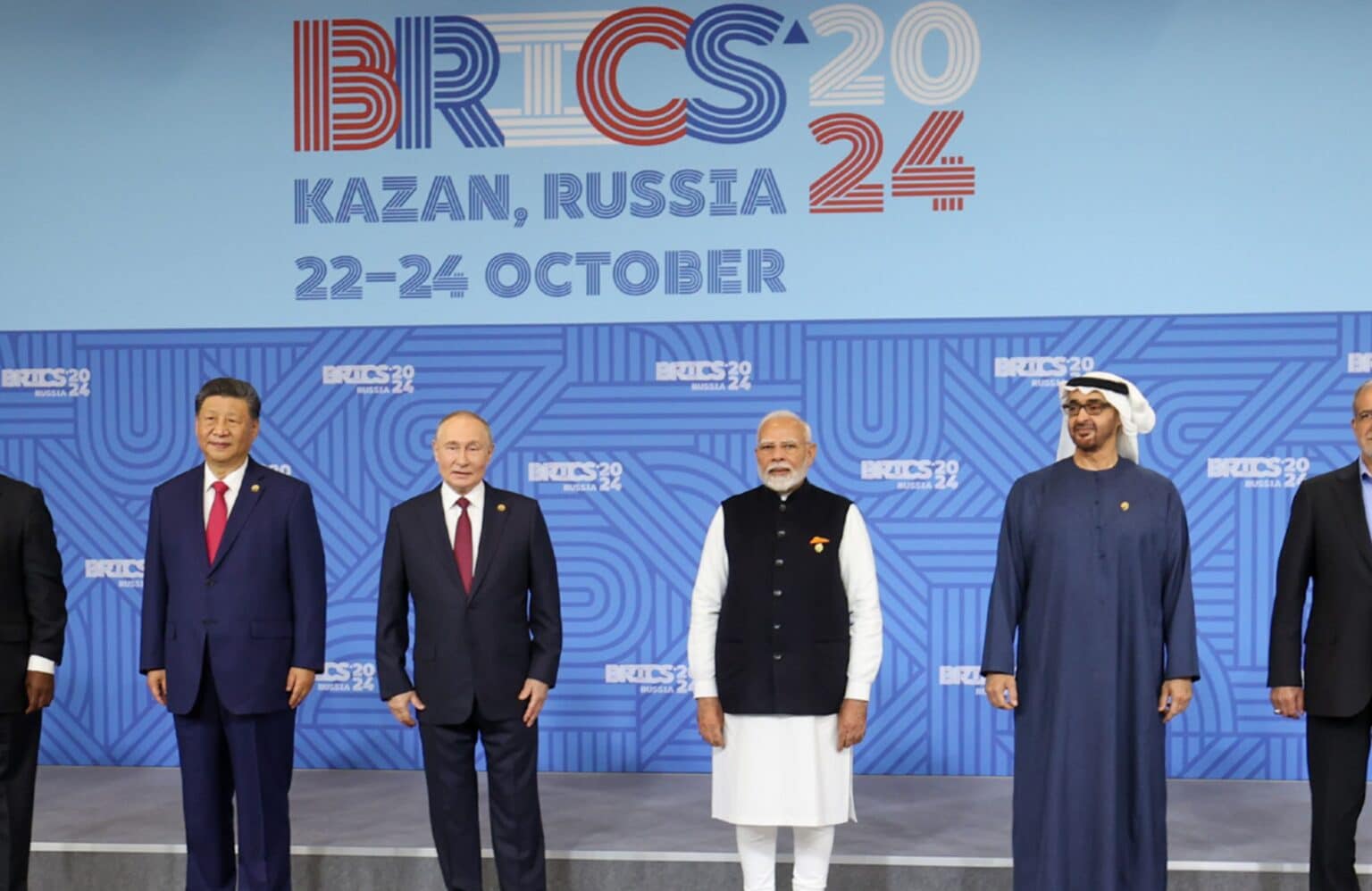
BRICS Bitcoin Agreements Could Challenge the Dollar: Recent Trump Tariff Updates Enhance Bitcoin's Position
Recent backroom dealings among BRICS nations signal a shift that could diminish the U.S. dollar's dominance in global trade, utilizing cryptocurrencies for energy trades.
The coming 90 days will see BRICS nations (Brazil, Russia, India, China, South Africa) engage in covert negotiations to reduce tariffs. Although publicly indicated as a 10% cut, actual exemptions may accumulate.
This evolving landscape implies nations will likely realign allegiance amidst the decline of a U.S.-dominated order, prompting questions about BRICS’s potential responses and the EU’s position.
Transformations in BRICS and EU Energy Negotiations
The approach to energy trade is undergoing significant changes. The U.S. dollar’s influence is waning, with China and Russia resorting to Bitcoin and other cryptocurrencies for transactions.
Cryptocurrencies have emerged as vital in Russia’s oil dealings with its primary partners like China and India, especially under sanctions.
“VanEck confirms that China and Russia are settling energy trades in Bitcoin. De-dollarization is here.” Translation: VanEck confirma que China y Rusia están liquidando transacciones de energía en Bitcoin. La dedolarización está aquí.
For Russia, using digital currencies bypasses delays caused by international sanctions. Other countries like Iran and Venezuela have adopted similar tactics, yet Bitcoin’s growing presence in oil payments significantly enhances its status as a universal financial instrument.
De-Dollarization, BRICS, and Bitcoin’s Ascension
This trend correlates strongly with the de-dollarization movement. Russia and China seek to reduce dependence on the dollar amidst sanctions. Putin described the dollar’s usage as an economic weapon as “a big mistake” during last year’s BRICS summit. This highlights why Bitcoin and other cryptocurrencies are gaining traction by offering liberation from centralized monetary authority.
According to analysts, economic conditions linked to the Federal Reserve and declining dollar dominance only heighten Bitcoin’s appeal as a hedge against economic instability.
Is Bitcoin Reshaping Global Trade?
The utilization of Bitcoin for energy trades and sanction evasion represents a crucial test for the currency. For China and Russia, it is a strategy to circumvent sanctions while counteracting U.S. supremacy.
For U.S. citizens holding BTC, the outcomes present a mix of optimism and caution. Critics might point to Bitcoin’s volatility and regulatory challenges; however, the narrative extends beyond metrics to the evolving dynamics of sovereignty and global commerce.
Key Takeaways
- BRICS nations are set to negotiate tariff reductions amidst shifting political alliances.
- The nature of energy deals is transforming as Bitcoin and cryptocurrencies gain ground.
- Critiques regarding volatility must be weighed against the broader narrative of crypto’s influence on trade discussions.


